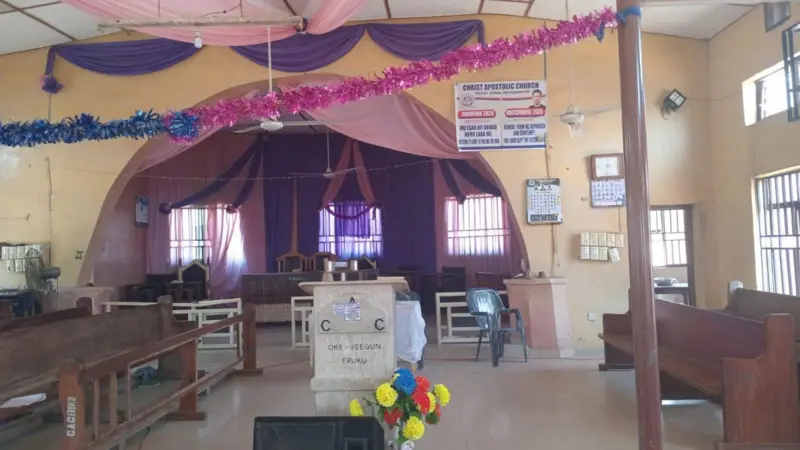The Special Adviser to the President on Economic Matters in the Office of the Vice President, Dr. Tope Fasua, has said that inflation in Nigeria is on track to fall to a single digit, following a recent decline in headline inflation reported by the National Bureau of Statistics (NBS).
Fasua, who spoke on Channels Television’s The Morning Brief on Tuesday, said that food prices were beginning to stabilise, and the recent data showed that price pressures were easing.
The NBS had reported that headline inflation stood at 20.12 per cent in August 2025, compared to 21.88 per cent in July, representing a decline of 1.76 per cent. On a monthly basis, headline inflation was recorded at 0.74 per cent in August, while food inflation was 1.65 per cent. Year-on-year, inflation dropped by 12.03 per cent from the 32.15 per cent recorded in August 2024.
According to the statistics agency, the figures indicate that although inflation persists, the pace of increases has slowed compared to previous months.
Responding to remarks by former Vice President Atiku Abubakar, who had said Nigerians were “dying from hunger daily,” Fasua described the statement as political.
“Former vice president, Atiku Abubakar, merely made a political statement which is expected at this time, because he’s trying to see how he can wangle himself back into the presidency, and I don’t comment on political things,” Fasua said. “He doesn’t have to commend the current government for the achievement, but the rest of us just need to stick with the black and white.”
He acknowledged that the current inflation rate was still high but said it reflected a necessary adjustment.
“A 20.12 inflation is still large in many quarters because what it says is that prices are still increasing in some quarters, but not as they used to be. It is rebasing. The rebasing came in about six years after it ought to have been done. Our concern should be that our statistics and data should be much more on point and frequent,” he said.
Fasua explained that the rebasing of inflation had given a clearer picture of the economy. “The most important thing is that the rebasing was done several months back, and what we are seeing is then consistent drop in inflation,” he said.
He added that inflation does not rise indefinitely. “Inflation does not increase forever, not in any country.
We have Ghana next to us, with inflation up to 40 per cent. Today, their inflation is trending down to a single digit.
Nigeria’s inflation will get to a single digit as well; it’s a matter of time. Pakistan’s economy experienced inflation of up to 40 per cent some two years ago. Today, they are battling deflation, which is even a bigger issue,” he said.
Fasua also pointed to improvements in the exchange rate and global oil prices. “Yesterday, the naira traded at some point, N1,497 to the dollar. For the first time in like eight months, we have clocked the N1,400 region, and that’s remarkable,” he said.
He linked the fall in inflation to these developments, noting that crude oil and exchange rates are key drivers of inflation in Nigeria. “The exchange rate has stabilised, and it’s actually via market forces,” he said.
Fasua further said that food prices had stabilised this year, citing reports from the agricultural sector. “For the first time in 26 years, this year, we did not have the usual recourse around tomato prices soaring and shortages.
Some farmers are even complaining that the government is now crashing food prices to make it affect their businesses negatively. Nigerians, including these farmers, are enjoying the drop in food prices because they are much more stable,” he said.






